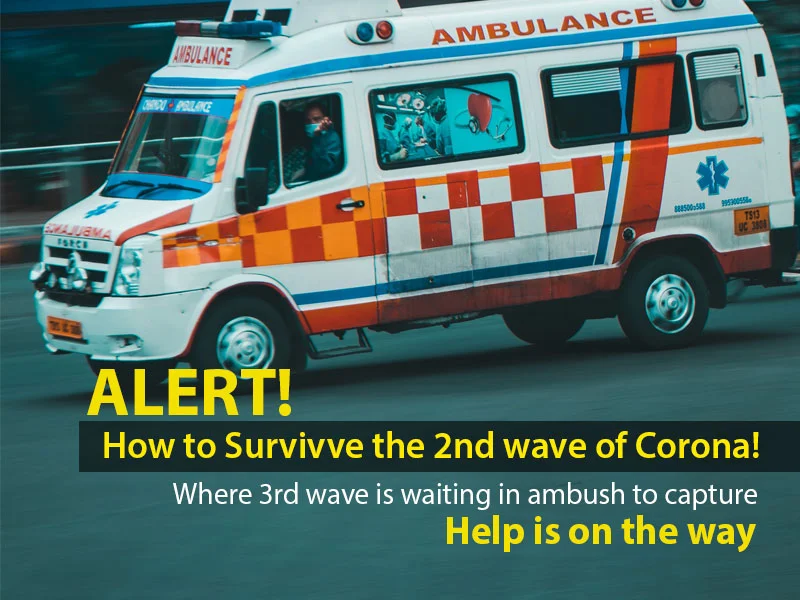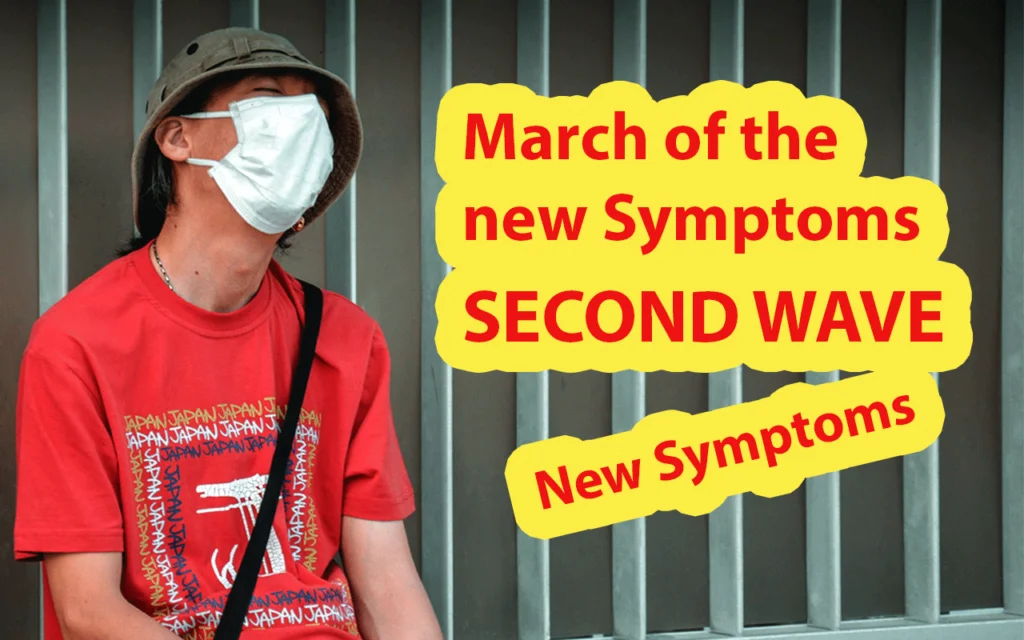By Lauren Love
Public Affairs
The University of Michigan is adopting new and innovative approaches to continue its focus on student mental health and well-being with resources targeting the holistic needs of students using a multi-dimensional approach and increased compassion.
These continued efforts come amid U.S. Surgeon General Vivek H. Murthy issuing a public health advisory Dec. 7 on the mental health challenges confronting youth. The advisory indicated symptoms of depression and anxiety have doubled during the pandemic, with 25 percent of youth experiencing depressive symptoms and 20 percent experiencing anxiety symptoms.
During a Dec. 9 presentation to the Board of Regents, Amy K. Dittmar, senior vice provost for academic and budgetary affairs, and Laura Blake Jones, dean of students, outlined how recommendations from the Student Mental Health Innovative Approaches Review Committee report — released earlier this year — are being implemented. This committee was charged by Provost Susan M. Collins and Vice President for Student Life Martino Harmon in fall 2020.
Dittmar and Blake Jones co-lead an implementation team along with Mary Jo Desprez, director of Wolverine Wellness; Todd Sevig, director of Counseling and Psychological Services; and Will Sherry, interim director of Strategic Initiatives for Student Life. Robert Ernst, associate vice president of student life for health and wellness, provides overall leadership and direction to these efforts.
The team is dedicated to overseeing the implementation of the review committee’s recommendations. A key part of the effort involves having a comprehensive, integrated approach to student well-being and developing the infrastructure and bringing together the people needed to enact and sustain future changes.
In September, U-M adopted the Okanagan Charter pledging a commitment to take a holistic and sustainable approach to becoming a health-promoting university.
“All of the recommendations in the report have been embraced by leadership. And, this fall, we implemented many of these recommendations and are in the process of implementing several more that both make new resources available to students and begin to organize the work in a way that will ensure sustained progress,” Dittmar said.
Some of those key achievements include launching work teams, made up of more than 80 faculty and staff members, with students to be added. The teams are further planning and implementing resources and services using a collective impact framework.
There also has been an effort underway to make existing and new resources more visible to students, with the development of an interactive resource roadmap to assist in finding needed support and services on campus. A group of more than 40 students participated in a workshop in November reviewing options to include when piloting an interactive roadmap.
To meet increasing demand, seven new hires have been approved to launch an initial access model within CAPS. This follows the addition of 18 counselors over the last five years.
Specific attention also has been dedicated to addressing wait times and looking at innovative ways to reduce the wait times at CAPS.
Sevig said students have responded positively to the initial access model during an increased demand for services this fall and have appreciated knowing about the full range of support services available. Under the new model, access specialists help identify and immediately connect students with additional resources, such as peer counseling, support and therapy groups, and online-based resources.
The initial access model provides easy and quick access to professional support and is a decision-making step with the student to match needs with resources available both in and outside of CAPS. The increased staffing has enabled the university to maintain quick access and connecting, while augmenting ongoing treatment capability.
Dittmar and Jones highlighted the work to expand existing group and individual peer-support services, including an online peer-support option through the piloting of Togetherall, a professionally moderated 24/7 online support service connected to CAPS After Hours.
“Our aim is to facilitate a space for students to also take advantage of peer connections and support,” Blake Jones said. “The online platform’s user anonymity can also help reduce barriers to seeking help that may exist for some students.”
With the understanding that supporting the well-being and mental health of students can take many forms, Dittmar and Blake Jones also highlighted efforts to improve the culture and climate of campus using the frontline role played by faculty and student-facing staff.
As part of a Wellbeing Academy that launched this fall, a variety of training opportunities are being offered to faculty and staff in all of U-M’s schools and colleges to increase awareness of and build their skills, capacity and comfort level in having compassionate conversations and referring students to available resources.
Also, the group is working to use technology to expand access. An online collection of existing technology resources to complement in-person resources and services has been created and will continue to be expanded. These include apps like Calm, Silvercloud and the CAPS app, and the recent addition of TogetherAll.
A work team is also reviewing academic policies to mitigate academic stress. A cross-campus team is reviewing many policies to consider ways to reduce unneeded academic stress and anxiety. One change that took effect this fall was extending the drop-add policy to allow students to withdraw from a class until the end of the term.
As resources continue to expand, the implementation team is working on evaluation measures. The goal is to develop and monitor metrics and key indicators for ensuring improvement, easy access and excellence in the resources provided to students. A dashboard with key indicators tracking the health and well-being of the campus community is being developed.
“Additional student engagement in the work team efforts is currently being solicited and students will continue to play an ongoing role in evaluating the effectiveness of new resources and the overall health and wellbeing of the campus community,” Blake Jones said.
Please read our comment guidelines.
In order to leave a comment, you must log in with your U-M credentials.

COVID-19
Surviving The 2nd Wave of Corona
‘This too shall pass away’ this famous Persian adage seems to be defeating us again and again in the case of COVID-19. Despite every effort

